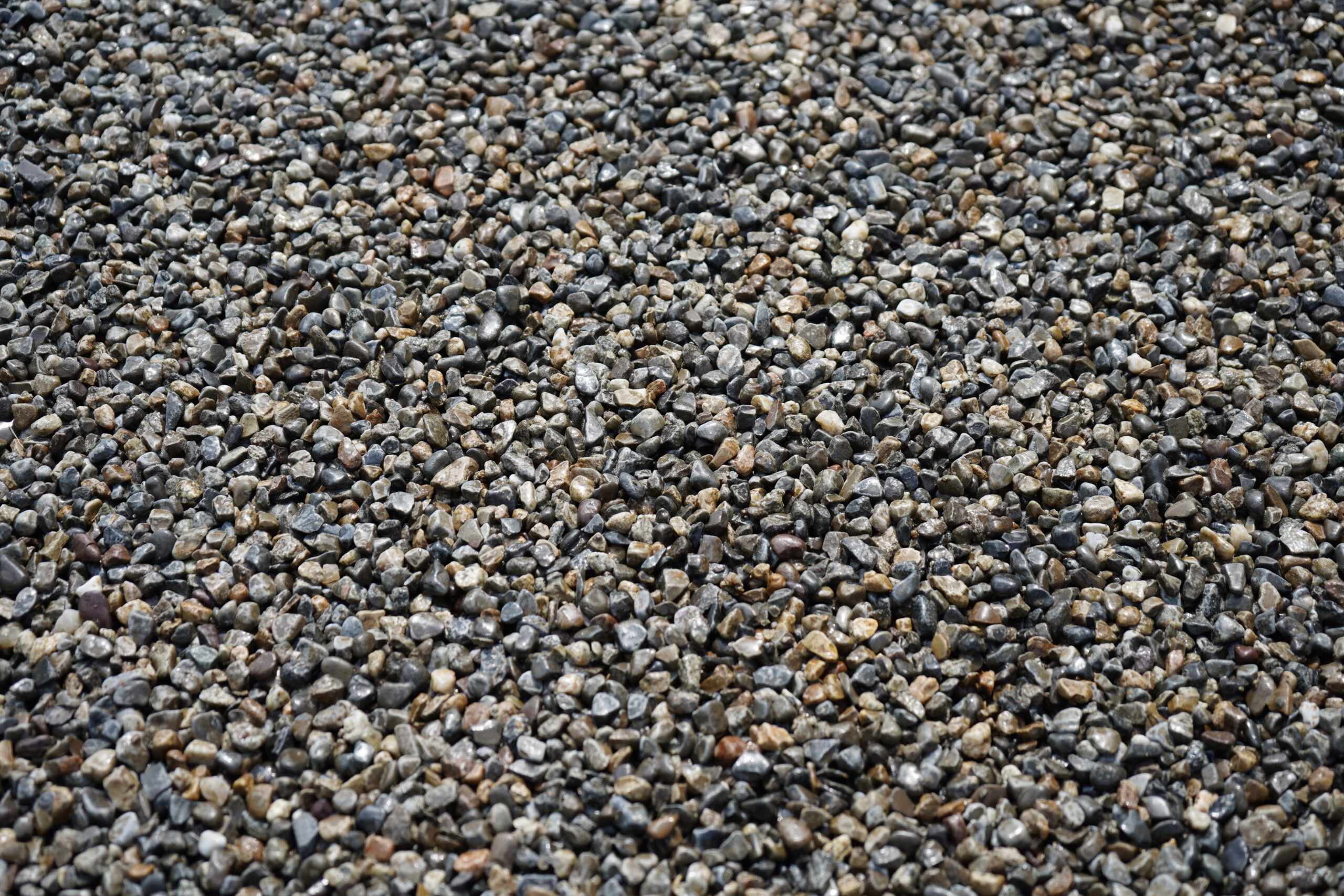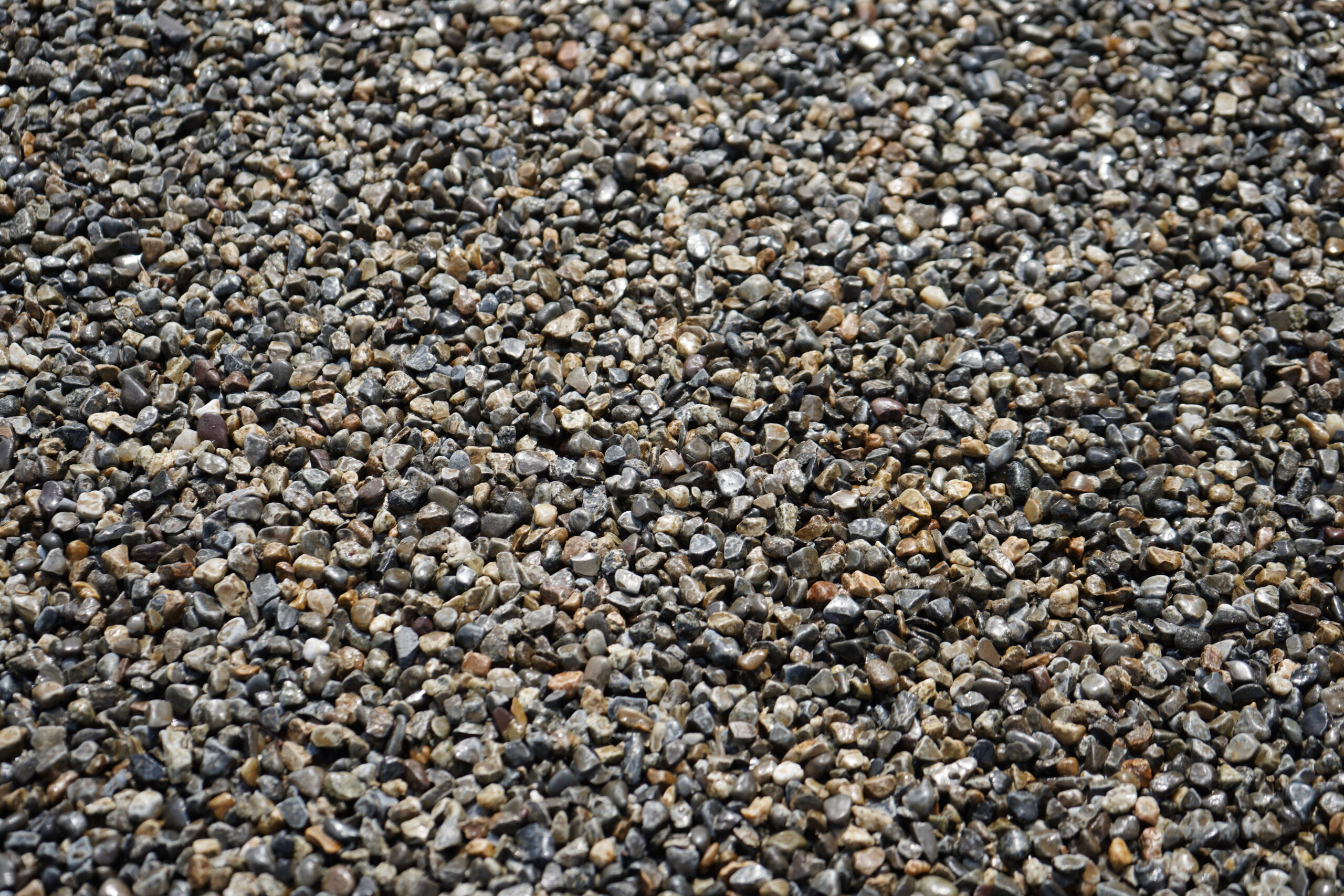Become an Installer

Have you ever wondered what happens if your resin driveway gets wet? Rain can harm the curing process of a freshly installed resin bound driveway.
Immediate Effects of Rain on Freshly Installed Resin
Freshly installed resin is at risk of developing white patches and blooming when exposed to rain. The moisture can negatively affect the curing process, leading to aesthetic issues and compromised durability in the long run.
Risk of White Patches and Blooming
Rainfall can severely affect the curing process of resin driveways. If it rains before the resin has had time to fully cure, moisture trapped beneath or within the layer can lead to unsightly white patches and blooming on the surface.
These blemishes not only compromise the visual appeal but may also indicate areas where the bond is weaker, potentially affecting durability.
Materials for resin bound surfaces require careful handling and timing during installation. Ensuring that there is no rain forecasted for at least a 24-hour window post-installation reduces the risk of premature exposure to moisture.

Long-Term Consequences of Moisture Intrusion During Curing
Compromised Durability and Aesthetic Issues
Water contamination during the resin’s curing process can drastically affect the driveway’s durability. Inadequate drying times and water seepage lead to premature failure, such as cracking and bubbling.
This not only affects how long your driveway lasts but also its appearance, with surface degradation becoming a common problem. Over time, these issues escalate, leaving you with structural integrity concerns that demand costly repairs or complete replacements.
Surface discoloration and visual defects are equally troubling aesthetic issues resulting from improper curing of resin in wet conditions. Materials degrade faster when moisture infiltrates them during the critical curing phase, causing changes in the resin’s appearance and nature once set.
Preventative Measures and Installation Tips
When installing a resin driveway, it is crucial to choose the right weather conditions and timing for the installation. Proper drainage should also be prioritized to prevent water damage in wet weather.
Ideal Weather Conditions and Timing for Installation
Ideal weather conditions and timing for installation play a crucial role in the success of resin driveway projects. Installers should aim for warm, dry days with moderate humidity, specifically targeting temperatures between 20°C and 25°C.
Curing in warm and dry conditions helps achieve a durable finish, free from unwanted imperfections caused by moisture intrusion.
Planning your paving project around these parameters will significantly enhance the longevity and appearance of your resin bound paving.
The Importance of Drainage with Resin Driveways
Proper drainage is crucial for resin driveways to prevent water pooling, surface instability, and foundation damage. Effective water management through a well-designed surface drainage system and subsurface drainage helps displace excess water, safeguarding the driveway’s structural integrity while maintaining its aesthetic appeal.
By safeguarding against water intrusion, proper drainage not only protects the driveway’s foundational stability but also prevents unsightly discoloration and enhances overall curb appeal. This proactive approach safeguards the durability and visual appeal of resin driveways against moisture-related troubles.
Conclusion
Resin driveways face potential issues when they get wet. Rain during the curing process can compromise their durability and lead to white patches. Moisture intrusion can affect long-term aesthetics and strength, making ideal weather conditions crucial during installation.
Preventative measures like adequate drainage are vital for protecting resin driveways from water damage.
FAQs
When a resin driveway gets wet, it becomes slippery and may take longer to dry compared to other surfaces.
It is best to avoid walking or driving on a wet resin driveway as it can be slippery and potentially unsafe.
Water exposure alone typically doesn’t cause damage to a properly installed and maintained resin driveway, but prolonged exposure may affect its appearance and performance.
Regular sweeping to remove debris and ensuring proper drainage will help maintain the condition of your resin driveway during the rainy season.
Applying an appropriate sealant can provide an additional layer of protection against water damage for your resin driveway.

